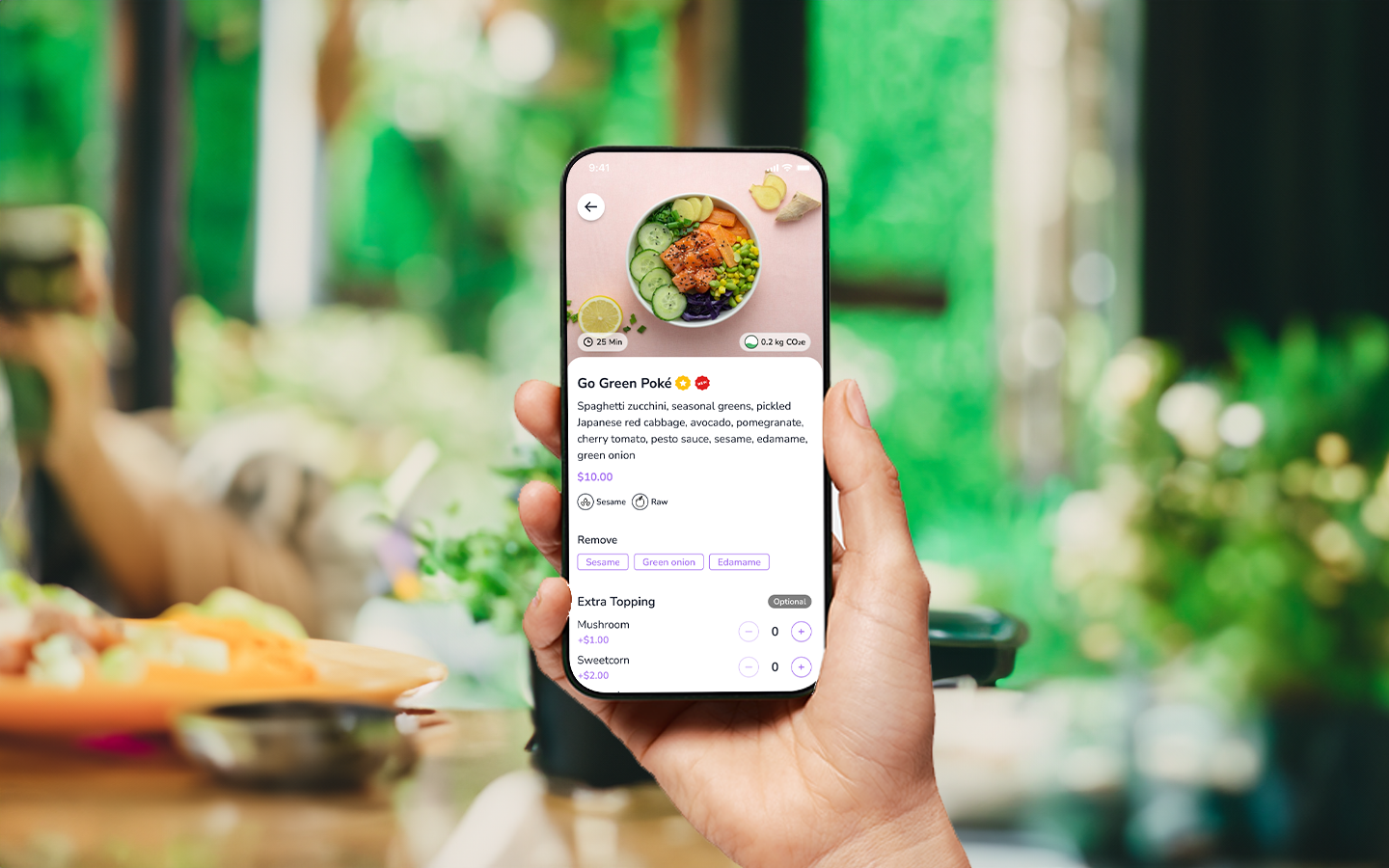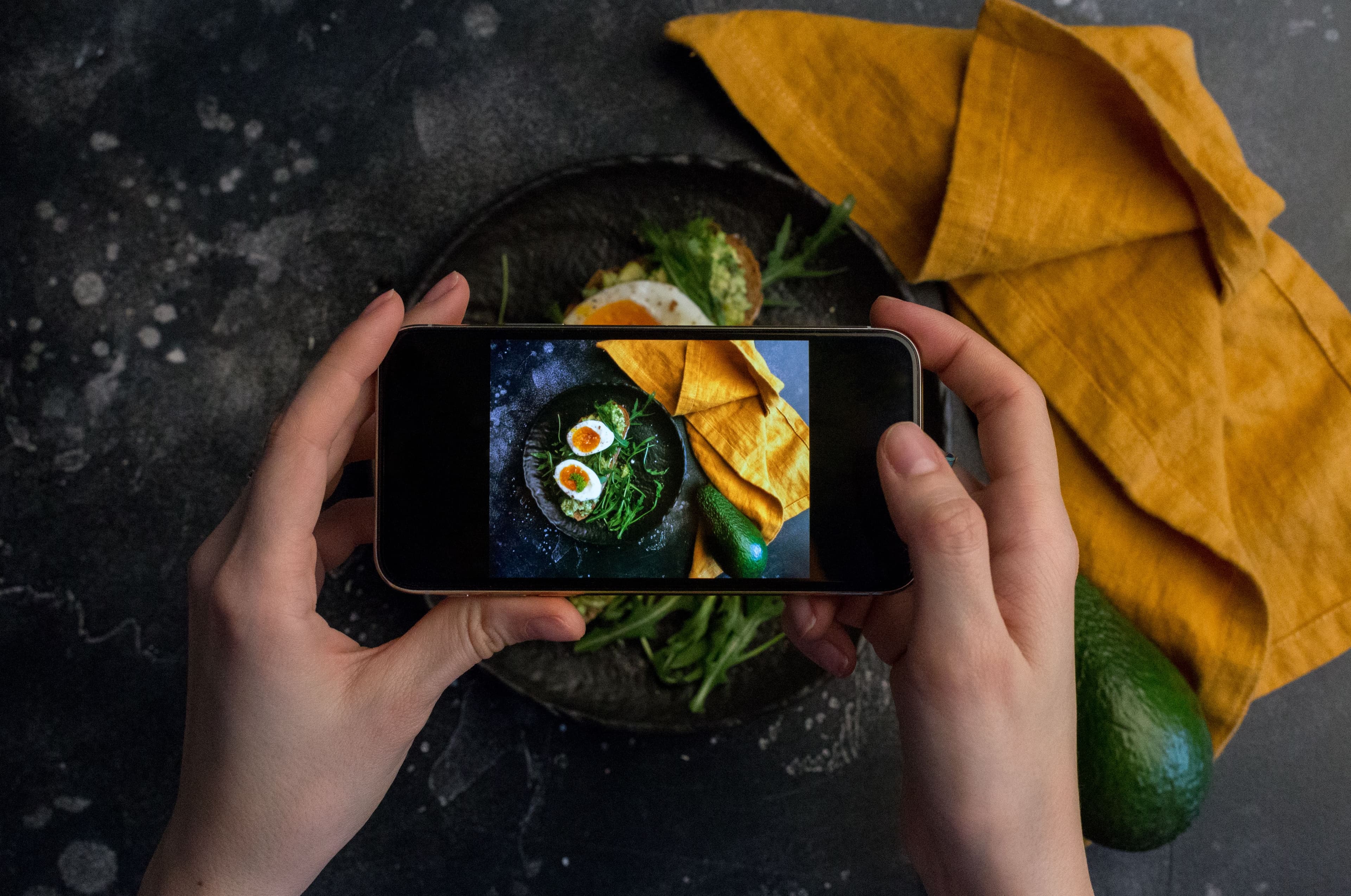As technology is rapidly evolving, customer demands and needs are changing accordingly. More and more, people are considering digital solutions as opposed to traditional practices. As millennials enter their peak spending years, industries from different sectors digitize their business model to keep up with the changing demographics and trends.
This fast-moving transformation will also change the dynamics of the food and beverage industry. Therefore, restaurants are expected to adopt digital transformation sooner or later.
The quickest and easiest route for digitalization is to offer digital menu solutions that digitize menu management, order, and payment solutions. This means leaving traditional paper menus and embracing digital menus.
Here are the top 7 reasons why you should switch to digital menus
1) Digital menu allows social distancing in your restaurant during COVID-19
When Coronavirus started, everyone’s first concern was safety. Minimizing the interaction between the customer and staff protects both parties’ health. Since viruses can spread quickly from traditional paper menus, introducing FineDine's digital menu management and order process solution can minimize the virus's spread.
2) Just by switching to digital menu solutions, restaurants can save up to %80 of their menu expenses
Traditional paper menus are often replaced as chefs renew their dishes for the new season. Dealing with agencies and the cost of printing a couple of times a year means a loss of profit. By switching to digital menu solutions, restaurants can save up to %80 of their menu expenses. Therefore, just by switching to FineDine online menu solutions, you can start saving NOW!
3) Millennials are tech-savvy and looking for a fast, easy, and innovative dining experience in restaurants
Millennials used to look for low-cost, quick, fast food options. However, as their careers advance, their income level rises, and they now show interest in fine dining and local tastes. This group has high expectations. They want a personalized, fast, and innovative dining experience. Giving them a FineDine online menu can enhance Millennials’ dining experience by creating a fast, easy, and creative dining experience.
4) Digital menus enhance the dining experience with visuals and branded layouts in restaurants
Delicious dishes and charming ambiance alone are nothing without a great menu. The aesthetic of menus can create a much better dining experience, especially with eye-catching visuals and branded layouts. Restaurants can even customize their menu board with their brand colors and backgrounds. Paper menus are less effective than digital menus to catch guests' attention. As people eat with their eyes, it is important to have a creative layout.
5) Digital menus increase the average cover value for restaurants
Traditional paper menus have zero interaction with customers. Interaction with guests is essential because it increases the average cover value. Since digital menu services provide data for restaurants, it is possible to pinpoint the most sold and profit-generating items fast and easily. Promoting the most sold items and displaying profit generator foods and chef’s special dishes result in more sales and more profits.
6) Digital menus can collect data that can boost sales in restaurants
Data is king; data is cash! Digital menus gather data when customers order their meals. Understanding consumer preferences is essential to drive profits. A detailed customer behavior analysis shows valuable information such as the most viewed dishes vs the most sold dishes. This data could be used to re-design the menu or remove & add some items. This can boost sales and generate more profits.
7) Artificial intelligence-driven QR and Tablet menus can improve customer satisfaction
Artificial intelligence-driven QR and Tablet menus, such as FineDine, remember customer preferences, past orders, and trends. It also tracks items that are consumed together. Based on this data, digital menus can suggest smart suggestions that customers may order. This personalized recommendation generates more revenue and improved customer satisfaction due to its tailored approach. This is something a traditional paper menu could never do.


